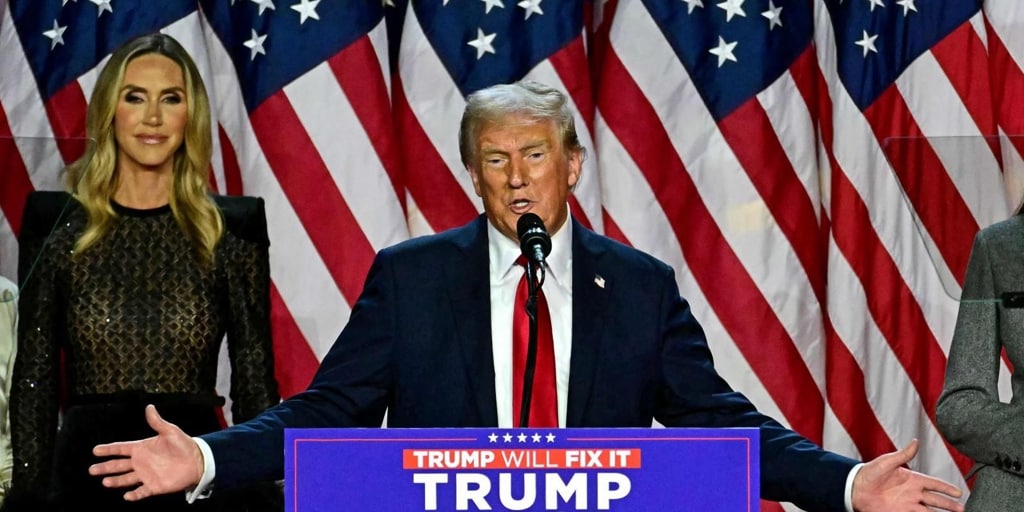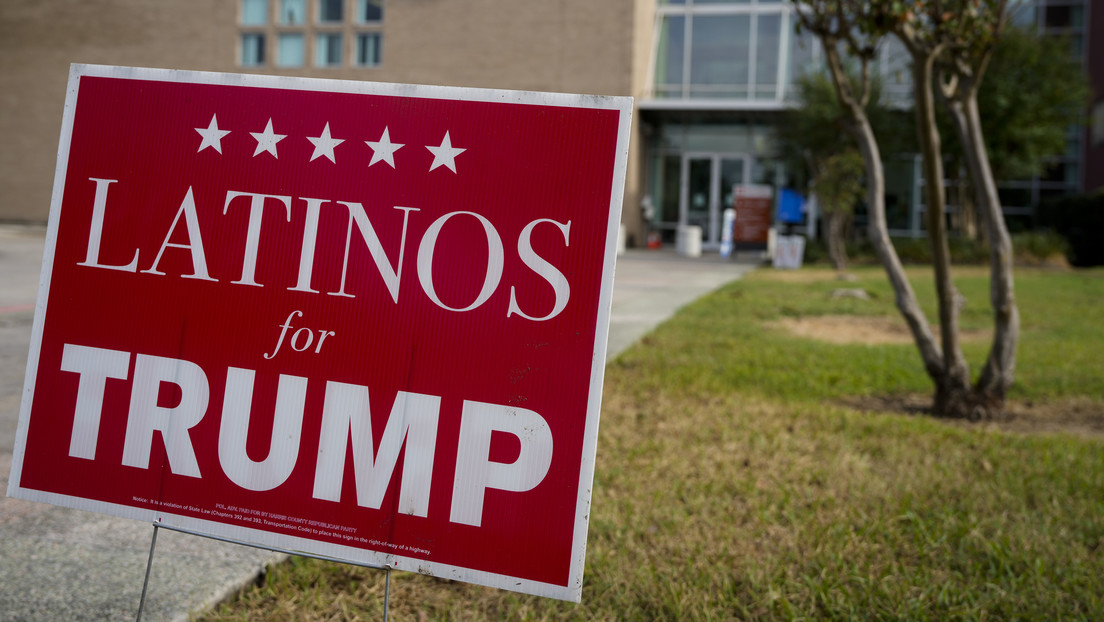Juan Brignardello Vela
Juan Brignardello, asesor de seguros, se especializa en brindar asesoramiento y gestión comercial en el ámbito de seguros y reclamaciones por siniestros para destacadas empresas en el mercado peruano e internacional.




The recent turn in the U.S. elections has left many analysts and voters alike surprised, highlighting a significant shift in the voting trend among Latino voters towards former President Donald Trump. Historically, Latino voters have shown a tendency to lean towards the Democratic Party, which has been a crucial electoral stronghold. However, this time, Trump managed to capture 45% of the Hispanic vote, a percentage that marks a milestone in the electoral history of the United States and could have long-term repercussions. The numbers are revealing: although current Vice President Kamala Harris managed to obtain 53% of the Latino votes, Trump’s figure is remarkably high, surpassing previous records set by Republican candidates. For example, former President George W. Bush only reached 44% in 2004. The significant support for Trump comes in a context where the Latino community feels dissatisfied with the current administration and its economic policies. Luis Felipe Polo, an international analyst, suggests that this shift is largely due to the economic situation faced by the Latino population in the United States. Despite the efforts made by Joe Biden's administration to control inflation, the results have not met the expectations of voters. Many in the Latino community continue to face economic difficulties that have not been alleviated in the past year, leading to a palpable disillusionment with the party in power. Trump's campaign, despite its frequently xenophobic rhetoric, also focused on proposals that resonated with Latino voters. One of these was the elimination of taxes on tips and overtime pay, a topic discussed at a roundtable in Nevada. Although Harris proposed something similar, she did not manage to maintain the same connection with the Hispanic community that Biden had in the 2020 elections. In 2020, Biden had swept with 65% of the Latino vote, while Trump only managed 32%. However, circumstances have changed drastically now, and Republicans seem to have found a new niche among this electorate. The growing Latino population, estimated at 65 million in the United States, includes more than 35 million who are already eligible to vote, representing significant electoral potential for the future. Family composition also plays a crucial role in this dynamic. Many Latino families are mixed, with members having different immigration statuses. This creates a complex context where voting decisions may be influenced by concerns over immigration policies. Trump has promised a more selective approach to deporting immigrants, which could appeal to voters who fear for their loved ones in irregular situations. Polo emphasizes that this change in voting behavior does not necessarily indicate a "rightward shift" of the Latino community. Rather, he suggests that Latino voters are prioritizing their economic needs over political ideologies. This trend moves away from the notion that Hispanic voters automatically align with the Democratic Party, opening the field for Republicans to establish a stronger connection with this electorate in the future. The impact of this election is not limited to the mere sum of votes. The observed trend could be shaping a new political landscape in the United States, where the Republican Party begins to consolidate its support among the Latino community. The possibility that Republicans could become a new stronghold in this segment of voters could significantly alter the electoral dynamics in the years to come. Looking ahead to the upcoming elections, the Democratic Party must reflect on how to address the economic and social concerns of the Latino community if it wishes to regain the support it has historically maintained. The combination of economic, familial, and social factors could define the political trajectory of the Latino community in the United States and, consequently, the future of the country as a whole. This election may just be the beginning of a deeper change in the Latino electorate, which demands renewed and effective attention from all political parties.
Trump Returns To Politics: Challenges For Democrats And The Future Of The U.S.

"Divisions In Latin America After Trump's Victory In The U.S. Elections"

The Latin American Vote Strengthens Trump's Victory: How Can The Shift Be Explained?


